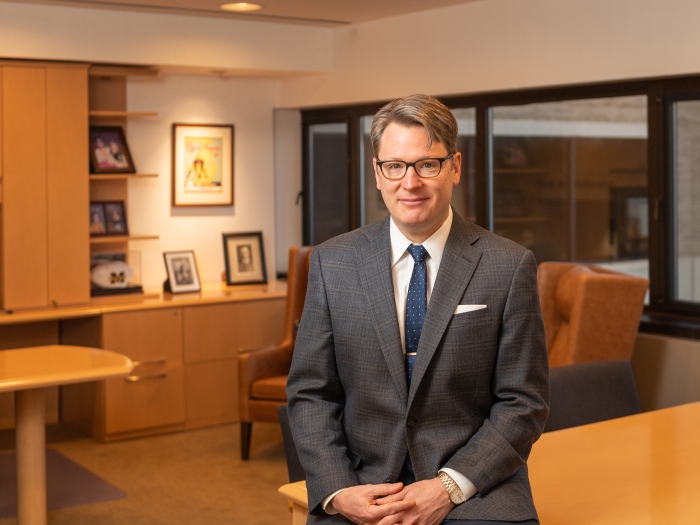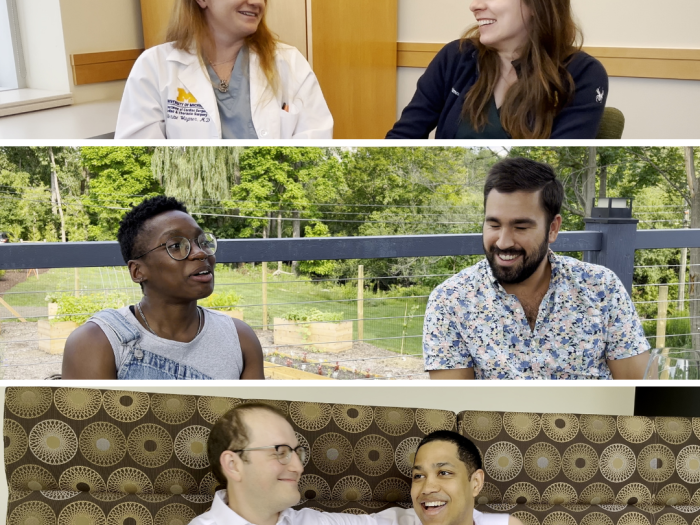
Areas of Excellence
The Department of Surgery is committed to building a research infrastructure for the future leaders of academic surgery.
Our department's Michigan Promise pledges to support each of our surgeons in achieving their full professional and academic potential in a diverse and inclusive culture. This includes providing a wide array of research environments that offer our faculty and trainees different opportunities in which to thrive.
We have created a unique collection of initiatives within the department to foster collaboration and cutting-edge research in these areas for our faculty members and trainees. The five cores encompass basic and translational science, outcomes and policy, training research, surgical innovation and global surgery.
Our research centers drive development in each of these core areas. These initiatives include the Center for Basic & Translational Science, the Center for Healthcare Outcomes & Policy, the Center for Surgical Training and Research, the Center for Global Surgery, and the Center for Surgical Innovation. Academic Development Time (ADT) opportunities are offered through each of the centers.
We offer our residents protected academic development time (ADT) without clinical responsibilities to pursue research and academic interests with majors and minors through our research centers as well as additional pathways.




